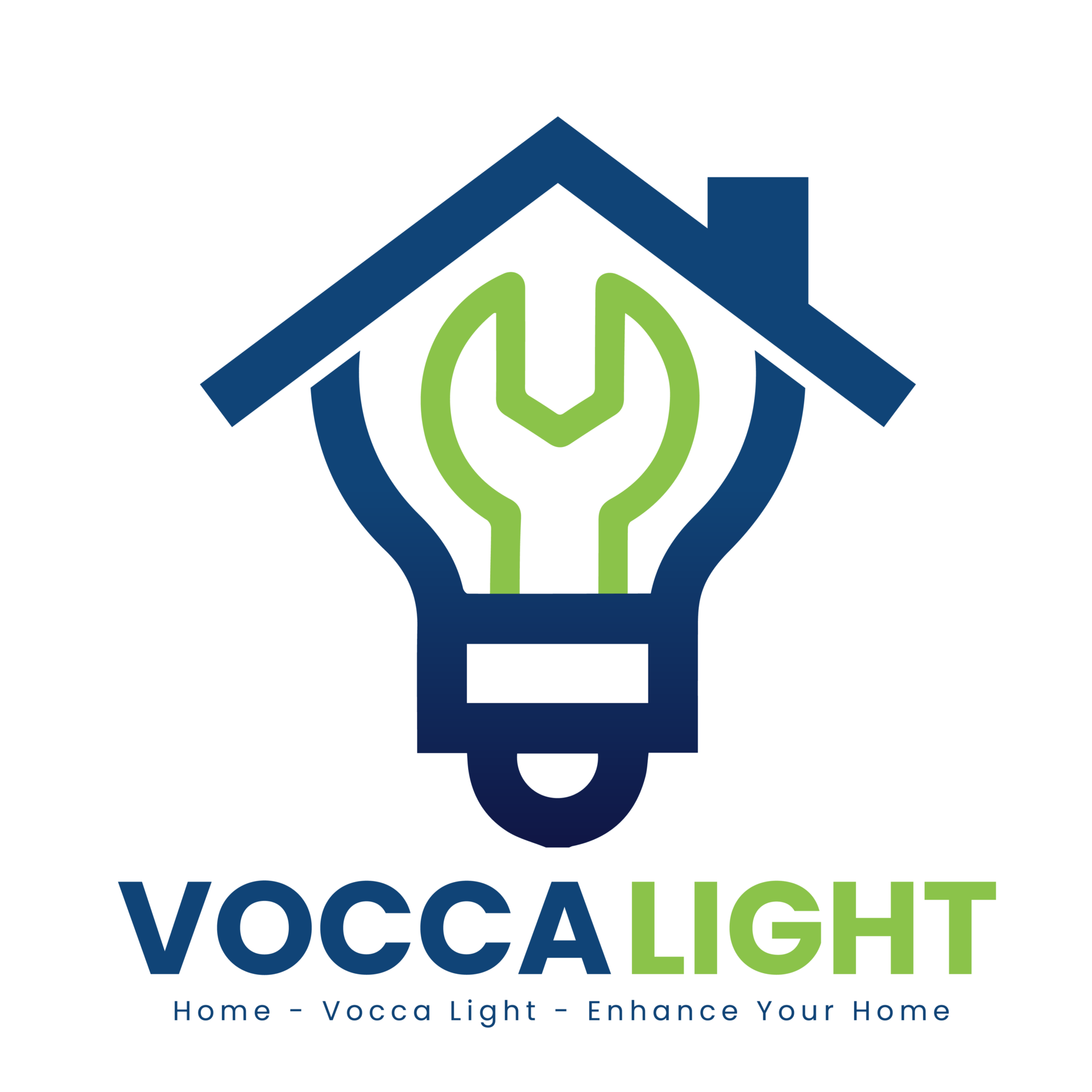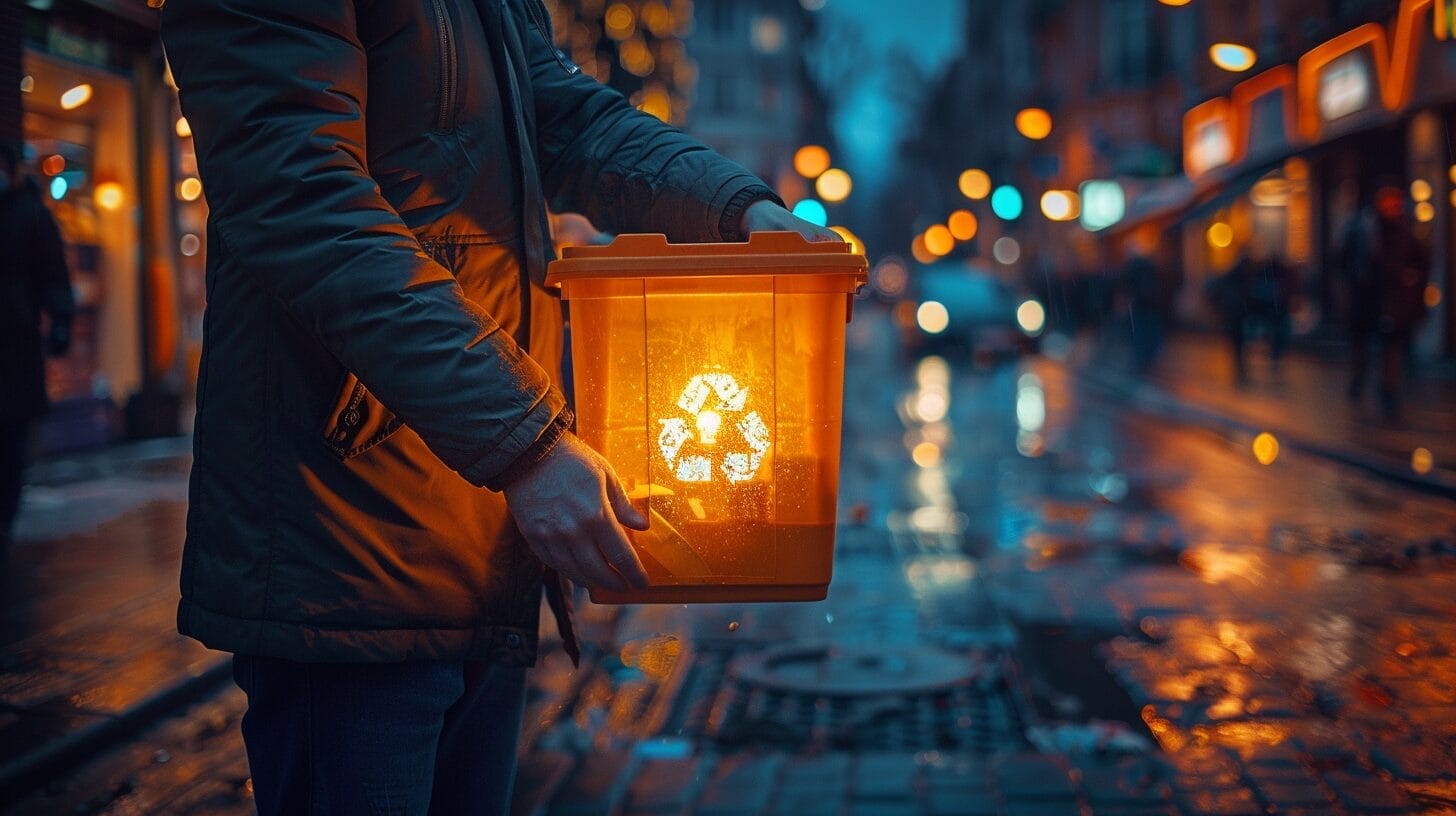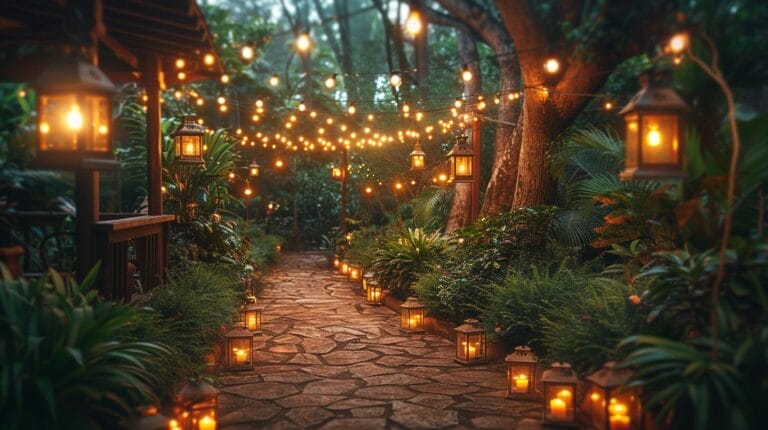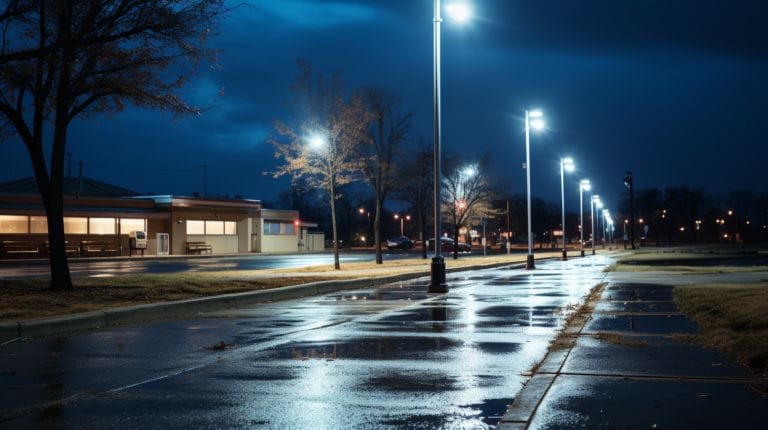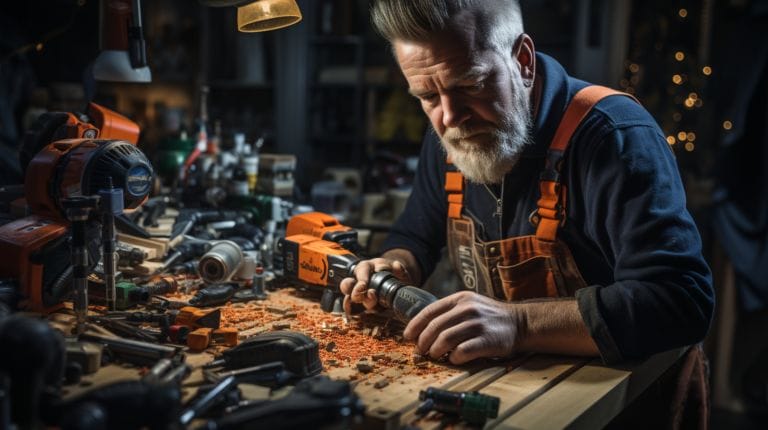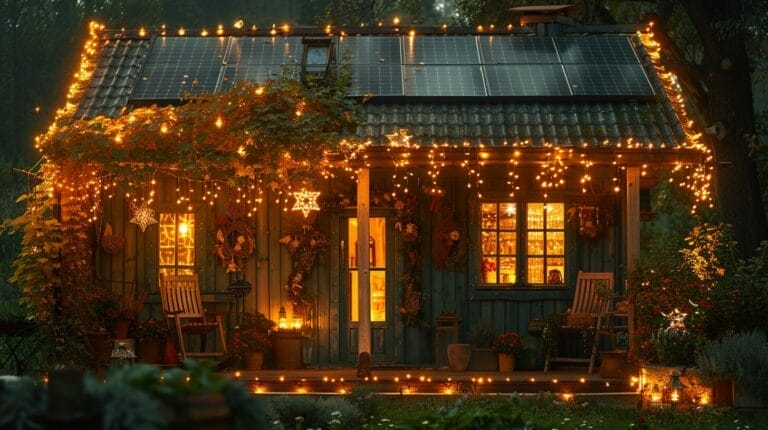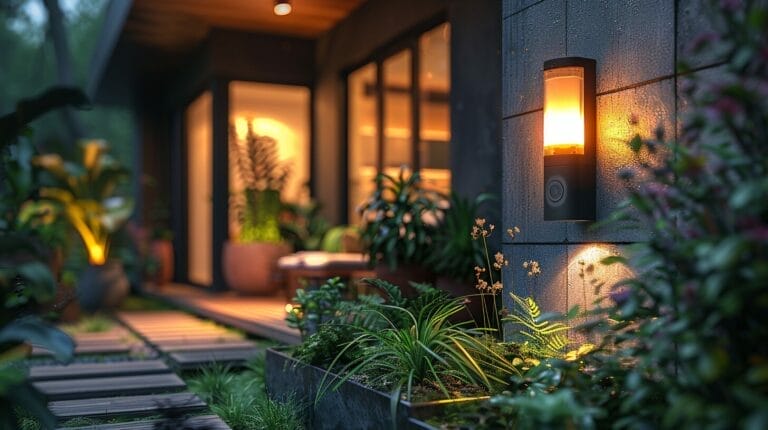Can You Recycle Halogen Light Bulbs: Guide to Safe Disposal
Can you recycle halogen light bulbs? Recycling is crucial for environmental sustainability, but when it comes to halogen bulbs, the answer isn’t straightforward. While some components can be recycled, others pose challenges due to their composition. Understanding proper disposal methods and exploring recycling options is essential for minimizing environmental impact. Let’s explore the intricacies of recycling halogen bulbs and the best practices for responsible disposal.
Key Takeaways
- Halogen bulbs should be taken to a recycling center due to hazardous waste.
- Disposal in regular trash is not safe for halogen bulbs.
- Recycling prevents environmental contamination from toxic elements.
- Proper disposal of halogen bulbs is crucial for safety.
- Following recycling guidelines ensures safe and responsible disposal.
Understanding the Different Types of Light Bulbs and Their Impact
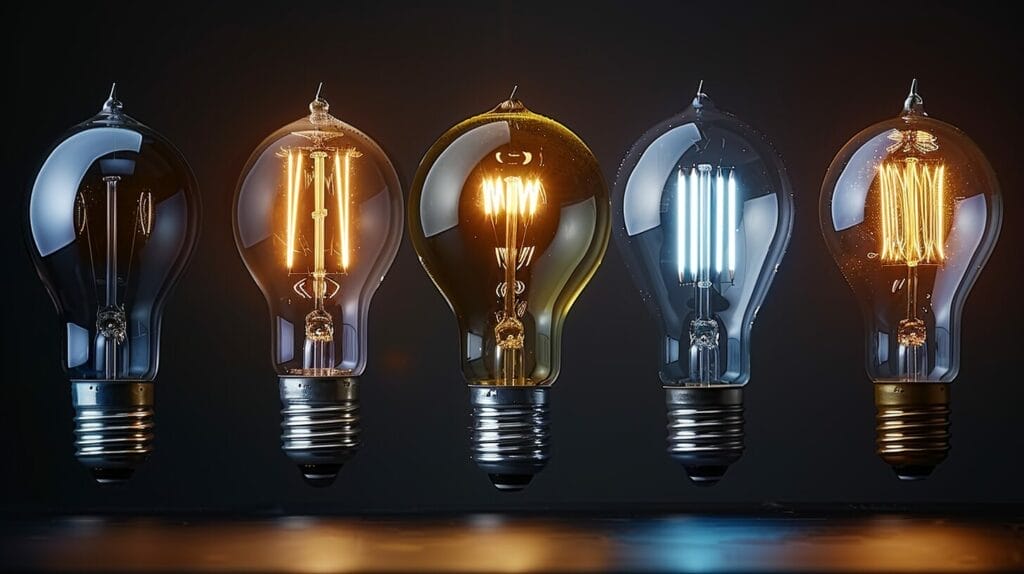
Environmental considerations are vital when discussing light bulbs. Halogen, LED, Incandescent, and CFL bulbs each have unique impacts. While halogen bulbs are more energy-efficient than traditional incandescent bulbs, they contain hazardous waste, necessitating careful disposal. Fluorescent bulbs, including CFLs, also require special disposal due to their mercury content. On the other hand, LED bulbs are known for their energy efficiency and long lifespan, making them a more sustainable choice.
The Importance of Proper Disposal and Recycling of Light Bulbs
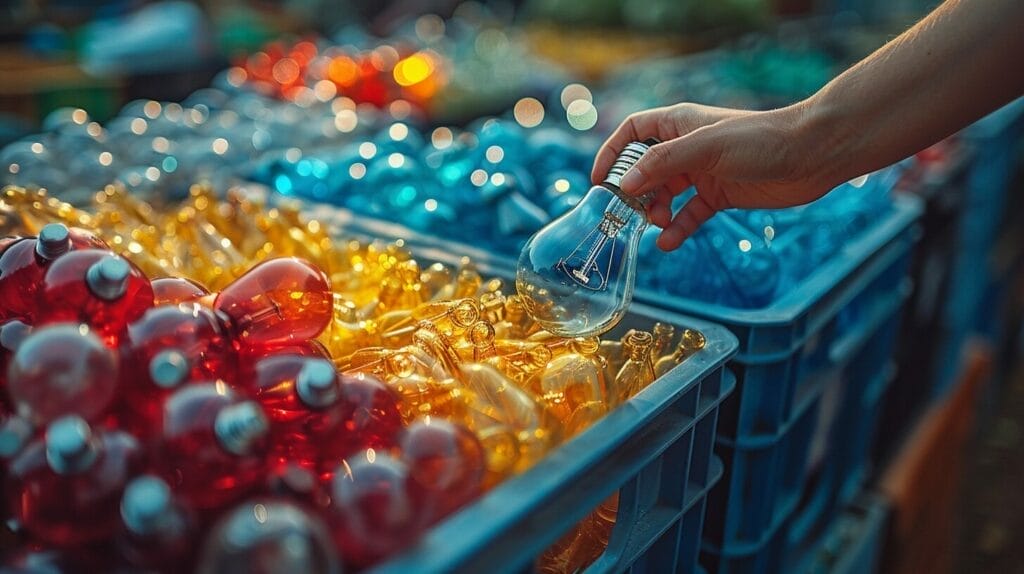
Proper disposal and recycling of light bulbs are crucial in reducing environmental harm and promoting sustainability. Here’s why:
- Environmental Protection: Proper disposal prevents harmful substances like mercury from contaminating our environment.
- Resource Conservation: Recycling light bulbs recovers valuable materials, reducing the need for raw resources.
- Compliance with Regulations: Proper disposal guarantees adherence to legal requirements for handling hazardous waste.
- Supporting Local Recycling Centers: Utilizing local recycling centers for light bulb disposal supports community initiatives and contributes to a circular economy.
How to Properly Dispose of Different Types of Light Bulbs
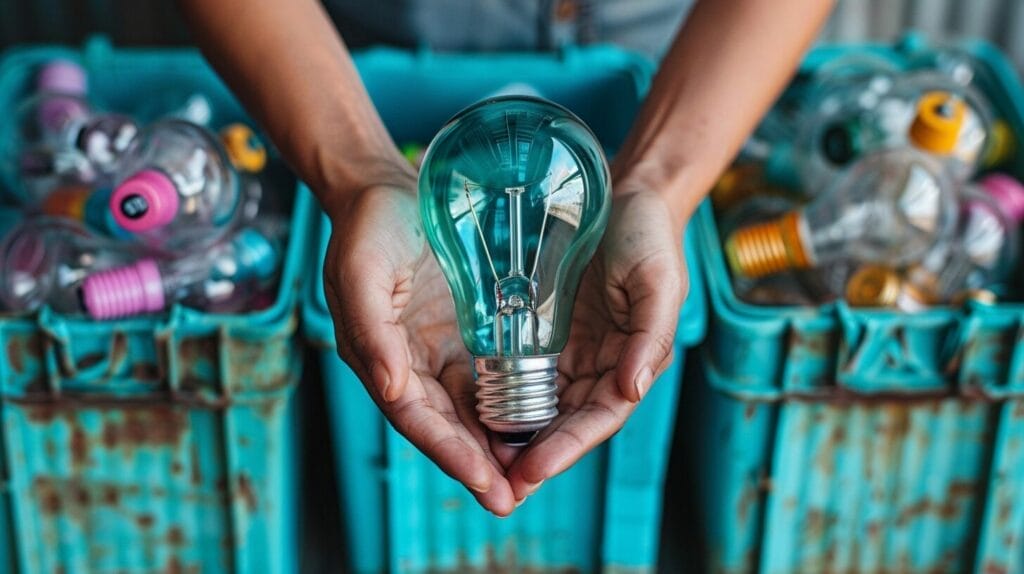
It’s crucial to understand the specific methods for handling each type of light bulb. Halogen bulbs shouldn’t be thrown in regular household trash due to their harmful materials. Instead, take these bulbs to a local recycling center. LED bulbs, safer to dispose of due to their lack of hazardous materials, are also accepted at many local recycling centers. Incandescent light bulbs can generally be disposed of in regular household trash, while CFL bulbs, which contain mercury, should be taken to a recycling center for safe disposal.
Guidelines for Dealing with Broken or Damaged Light Bulbs
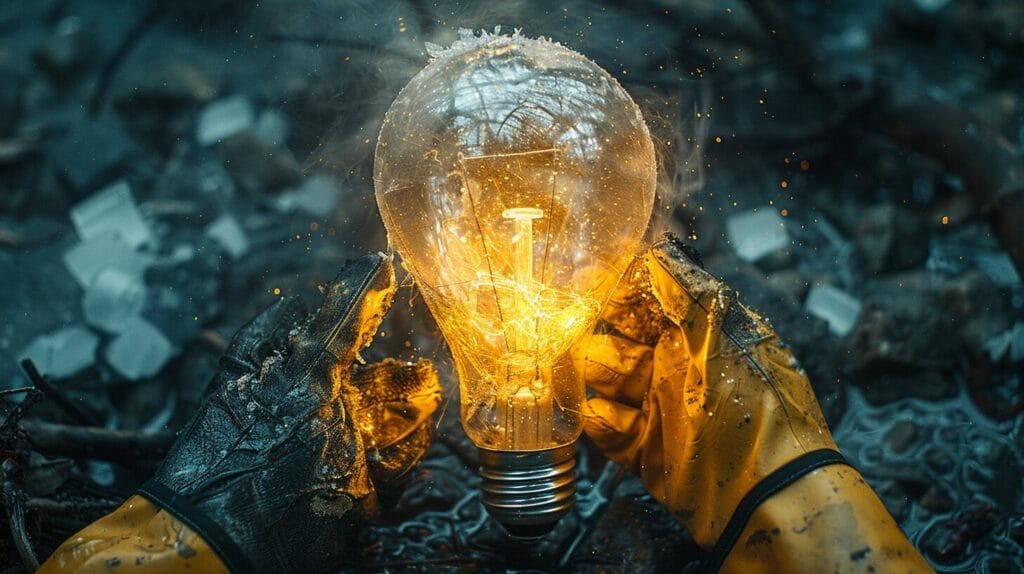
Handling broken or damaged light bulbs requires caution and proper disposal methods. Here are some guidelines for safe handling:
- Wear protective gear: Wear gloves and eye protection to avoid direct contact with hazardous materials.
- Contain the damage: Use a broom and dustpan to carefully clean up the broken glass.
- Dispose of properly: Seal the broken light bulb in a plastic bag to prevent any leakage of hazardous substances, and take it to a recycling center.
- Follow handling instructions: Always refer to the manufacturer’s guidelines on handling broken light bulbs, as different types may require specific disposal methods.
Exploring Available Light Bulb Recycling Options and Services
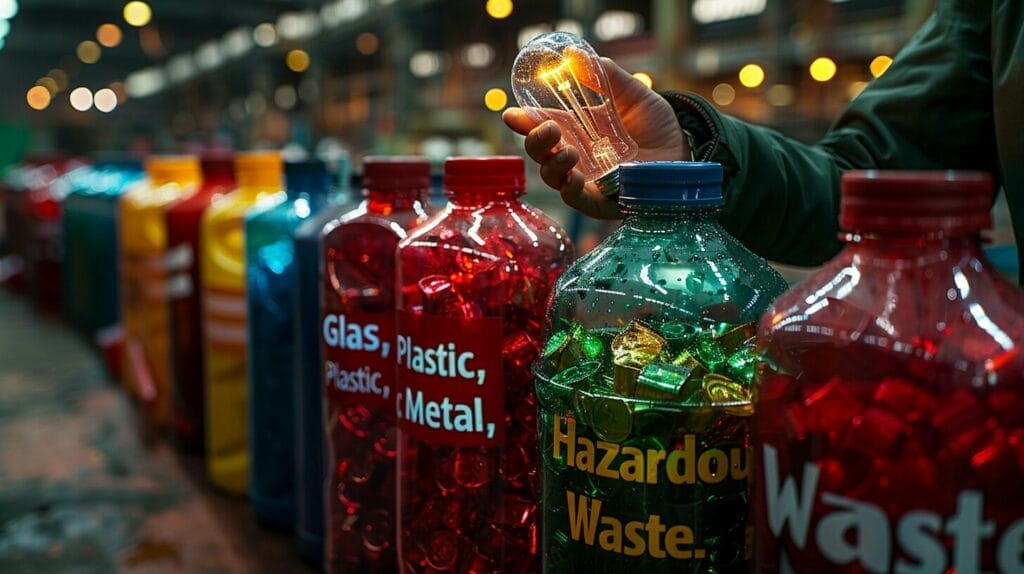
Various recycling options such as local recycling centers, drop-off locations, and mail-in services are available for light bulb disposal. Check with local recycling centers for specific guidelines and procedures for recycling different types of light bulbs. Drop-off locations provide a convenient way to dispose of light bulbs safely, and many cities host collection events. Some companies offer mail-in services, allowing you to send your used light bulbs for recycling from home.
| Recycling Options | Description |
|---|---|
| Local Recycling Center | Check guidelines for light bulb recycling |
| Drop-off Locations | Convenient disposal locations |
| Mail-in Services | Send used bulbs for recycling |
Conclusion
Let’s make sure to handle the disposal of halogen light bulbs properly to protect our environment.
By taking them to designated recycling centers or hazardous waste facilities, we can guarantee the responsible management of these hazardous materials.
Let’s all do our part to keep our planet safe and clean.
Frequently Asked Questions
Can halogen light bulbs be recycled?
Yes, halogen light bulbs can be recycled at specific recycling facilities that specialize in hazardous waste disposal.
Are halogen light bulbs considered hazardous waste?
Yes, halogen light bulbs contain chemicals and should be disposed of properly to prevent harm to the environment and sanitation workers.
Can I throw old light bulbs in the trash?
It is not safe to throw old light bulbs in the trash as they contain materials like quartz and aluminum that can be harmful if not disposed of correctly.
How do I find a recycling center for halogen bulbs near me?
You can find a recycling center for halogen bulbs near you by contacting your local waste municipality or checking online directories for recycling facilities that accept hazardous waste.
Can halogen light bulbs be reused or repurposed?
While halogen light bulbs can’t be reused in the same way as LED or CFL bulbs, some crafters use them for art projects or decorative purposes.
